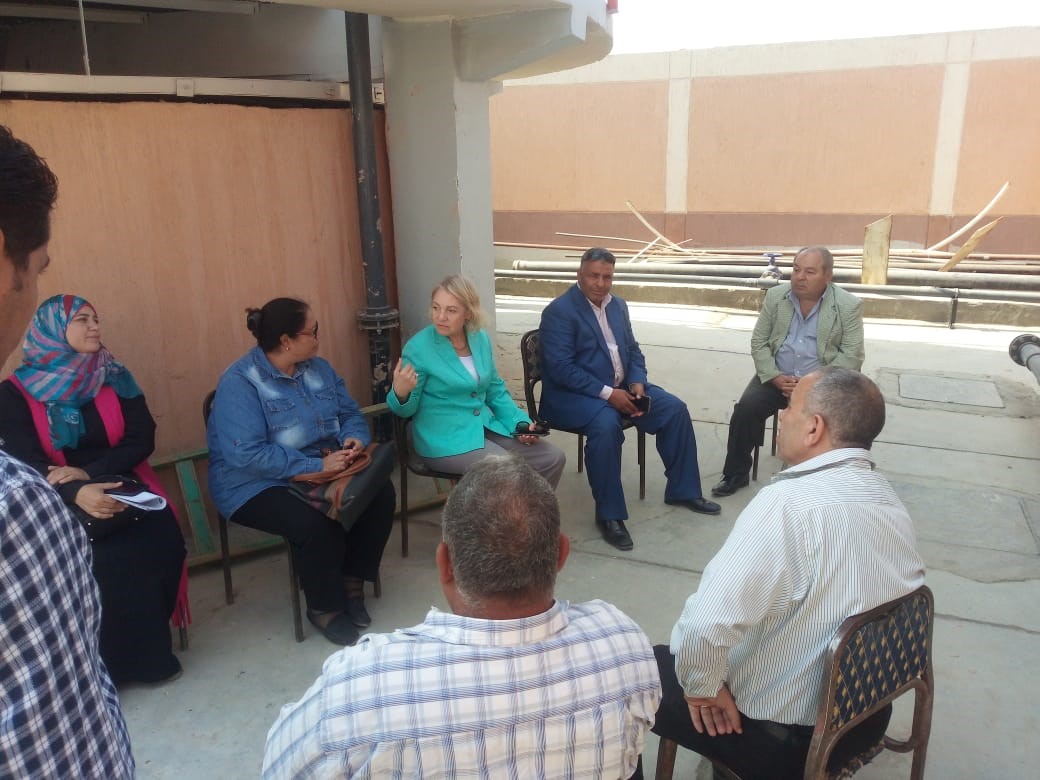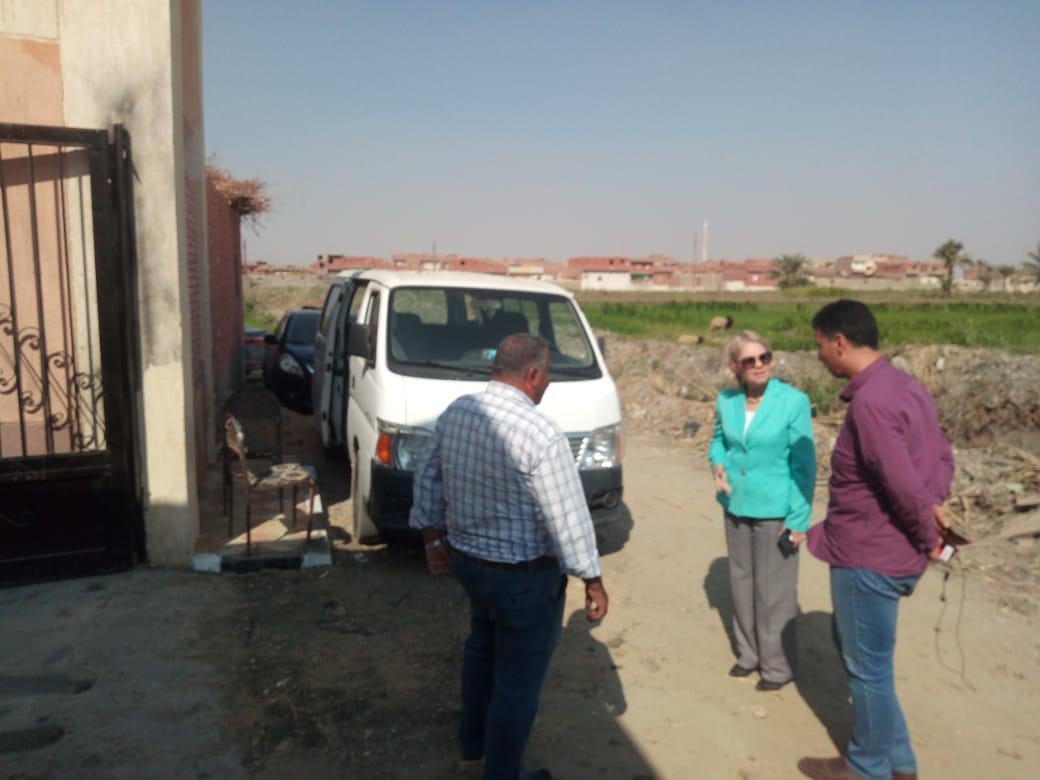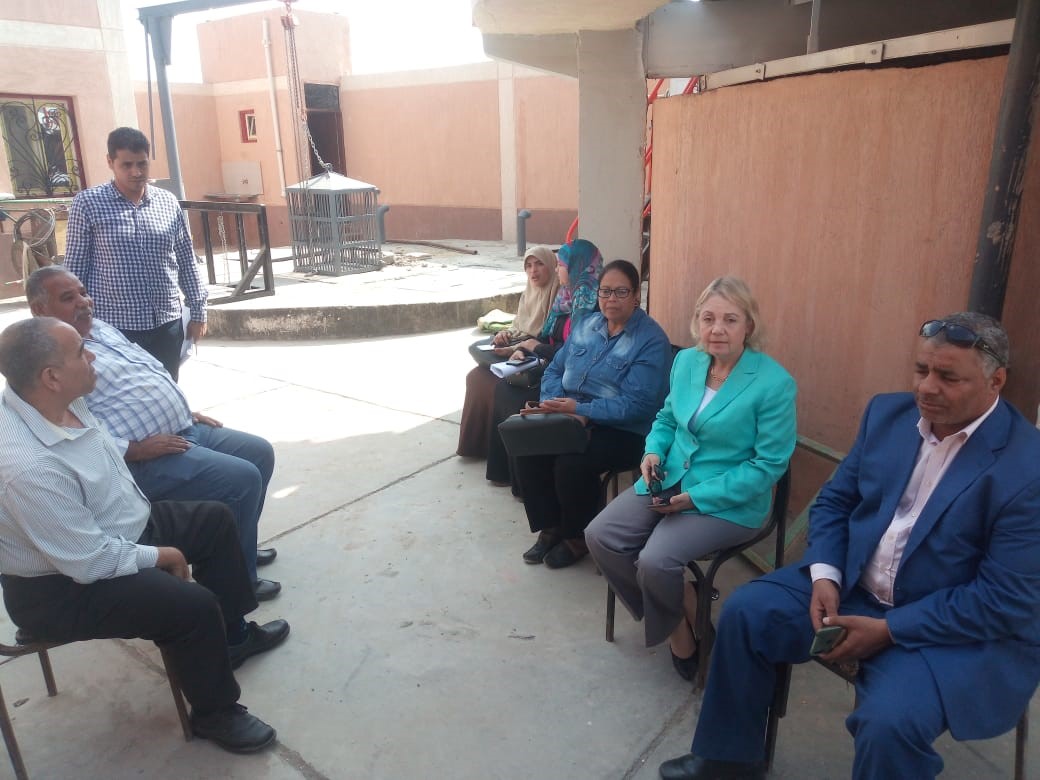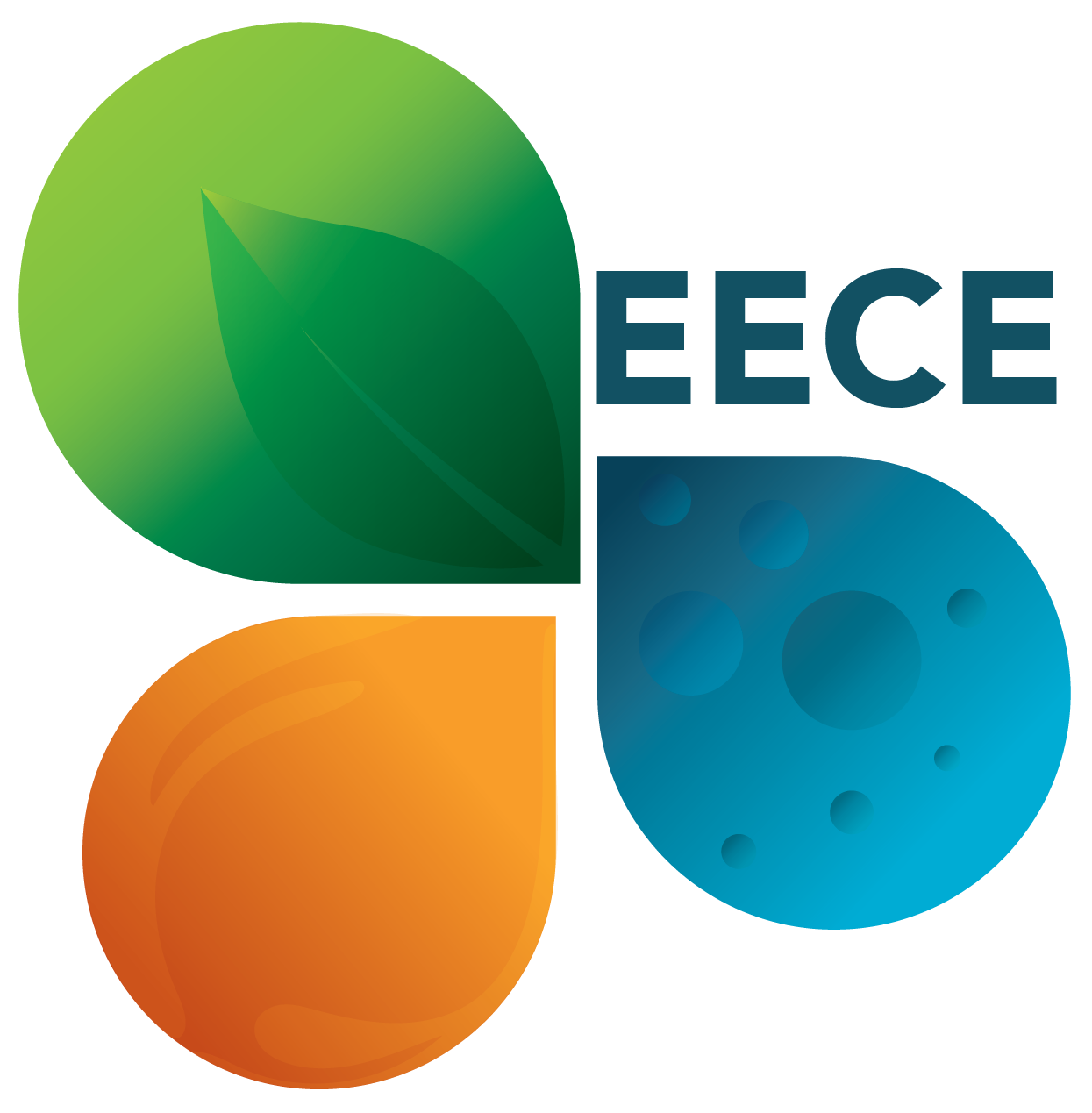



Down Flow Hanging Sponge Unit– DHS Project in El-Adel village, Senoris, Fayoum Governorate.
Starting date: January, 2018.
End date: December, 2020.
PI: Prof. Mona Gamal Elin Ibrahim.
Funded by: Academy of Scientific Research and Technology (ASRT)
Summary:
The technology transfer of Down-flow Hanging Sponge (DHS) from Professor Hideki HARADA (Tohoku University), 2016 to Egypt-Japan University of Science and Technology (E-JUST), allows E-JUST, in cooperation with the Arab Organization for Industrialization (AOI) and the Academy of Scientific Research and Technology in Egypt (ASRT), to construct, implement and operate this technology at a full scale with different capacities for Egypt and African countries.
Innovative low-cost station in Egypt, Middle East and Africa for wastewater treatment technique of sponge filter antenna suspense - DHS. In which large surface area technology and running a little space of land and contains a sponge that's made locally and cheap consists of 99% holes allowing many organisms (aerobic-anaerobic elective) water purification systems that exist in abundance in and out of holes in a sponge which increases time spent more for water purification by organisms which reduce the sludge generated by the treatment process So that the time Sludge (bacterial) stayed within the reactor range from 200 to 300 days, which increases its efficiency in removing the organism and the only microbial and organic pollutants and can be used to irrigate landscaping.
The DHS system is designed, identical to the Egyptian code, to process/treat the waste water to be reused in irrigation without consuming energy nor mechanical ventilation. This model produces a very small amount of sludge. Also it is highly effective in removing organic and inorganic pollutants. It can also remove pathogenic bacteria, viruses, and parasites with high efficiency by adding chlorine at the final phase of treatment. Therefore, the reuse of treated wastewater provides both an additional supply of water for irrigation and a low-cost source of nutrients (N&P) and stabilized sludge which, can act as crop fertilizer and soil conditioner in Egypt and Africa.
E-JUSt has constructed two DHS units as follow:
- The first unit was operated in 2017 at New Borg Arab city, Alexandria Governorate-Egypt with capacity of 200 cubic meters per day.
- Another unit was constructed in 2019 at Eladel village, Senores Town – El-Fayoum Governorate-Egypt with capacity of 400 cubic meters per day.
Objectives and Impact:
The DHS technology advantages comparing to other technologies:
- Low power consumption.
- No need to an external ventilation source.
- The amount of sludge after processing is very little.
- High efficiency in removing organic and inorganic pollutants, and pathogenic bacteria and viruses.
- Requires a small area to be establishment.
SDGs that the project achieve:
Goal #6 : Clean Water & Sanitation
Goal #7 : Clean Energy
Goal# 11 Sustainable cities
Goal# 13 Climate Action

